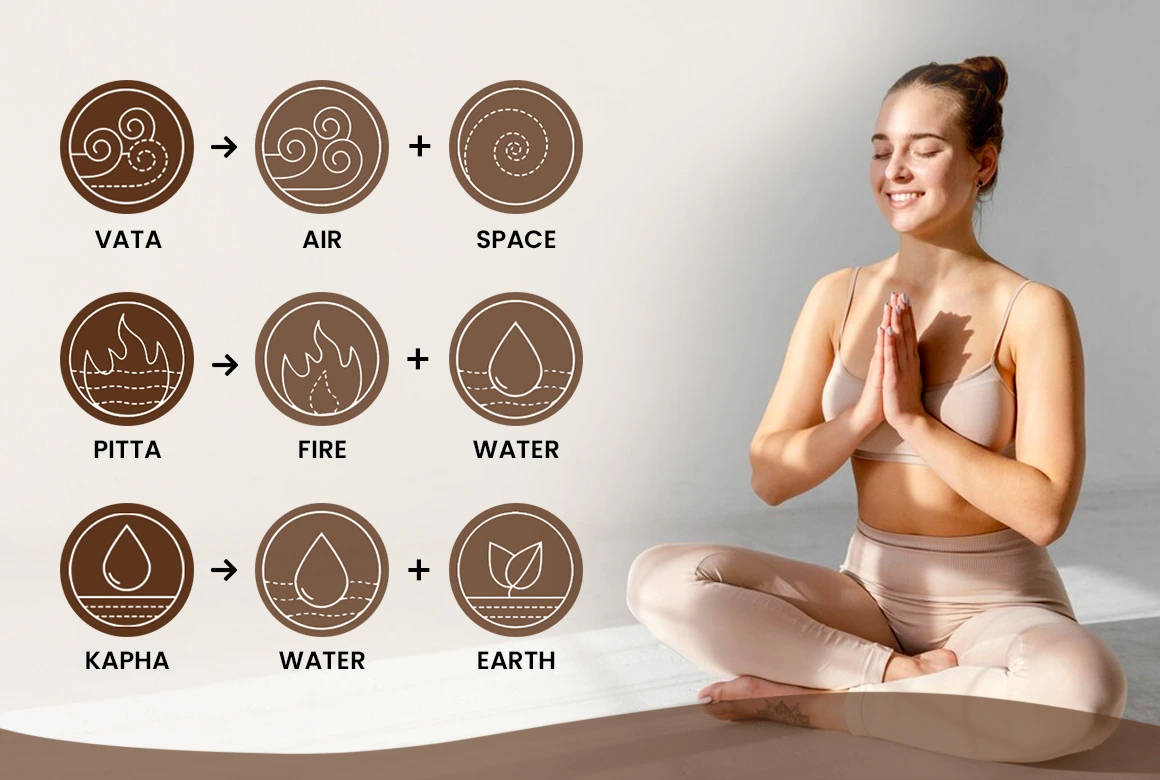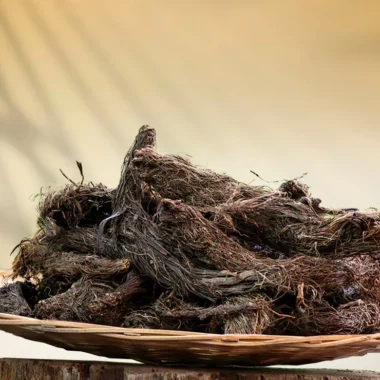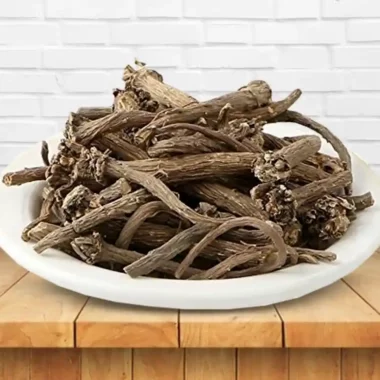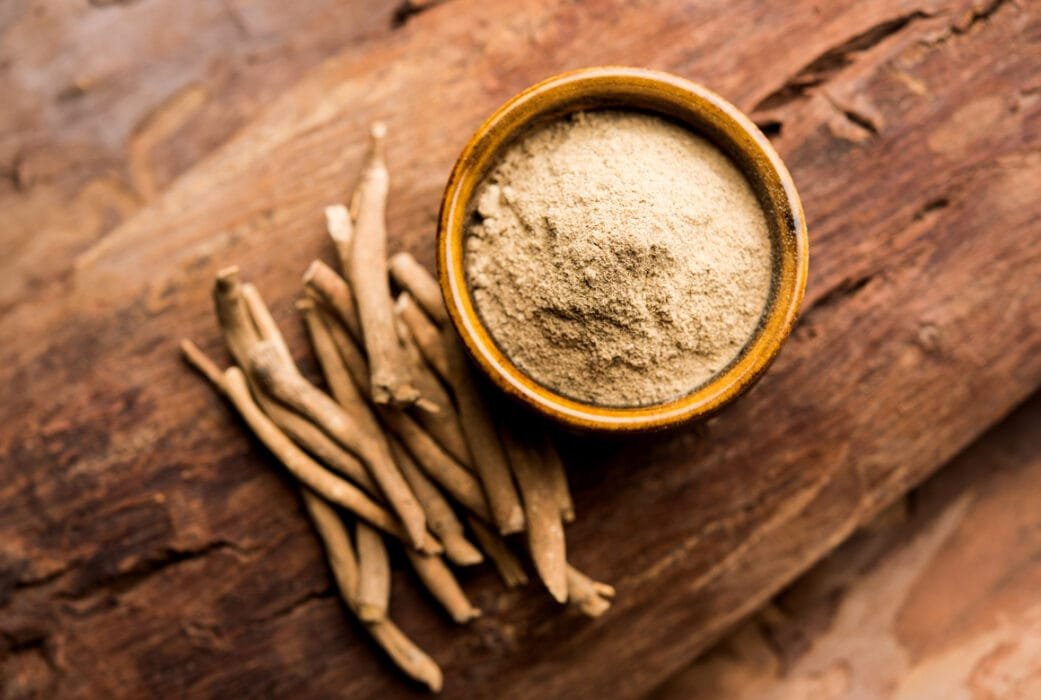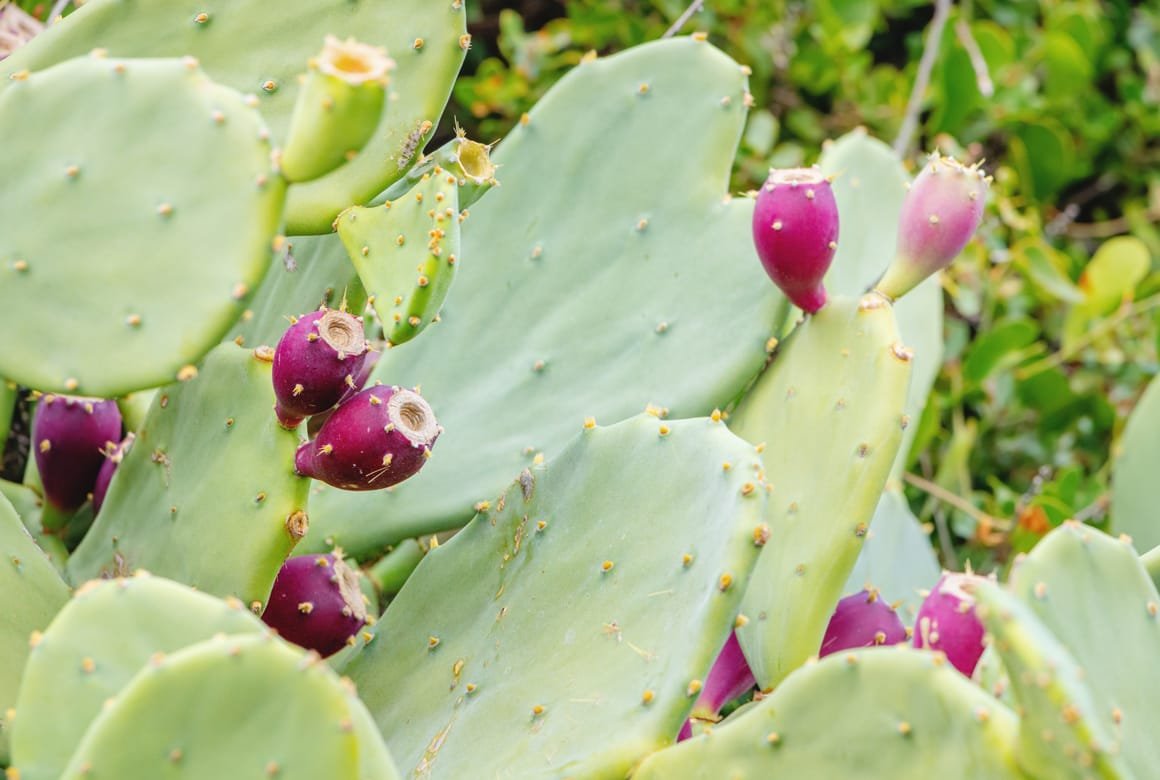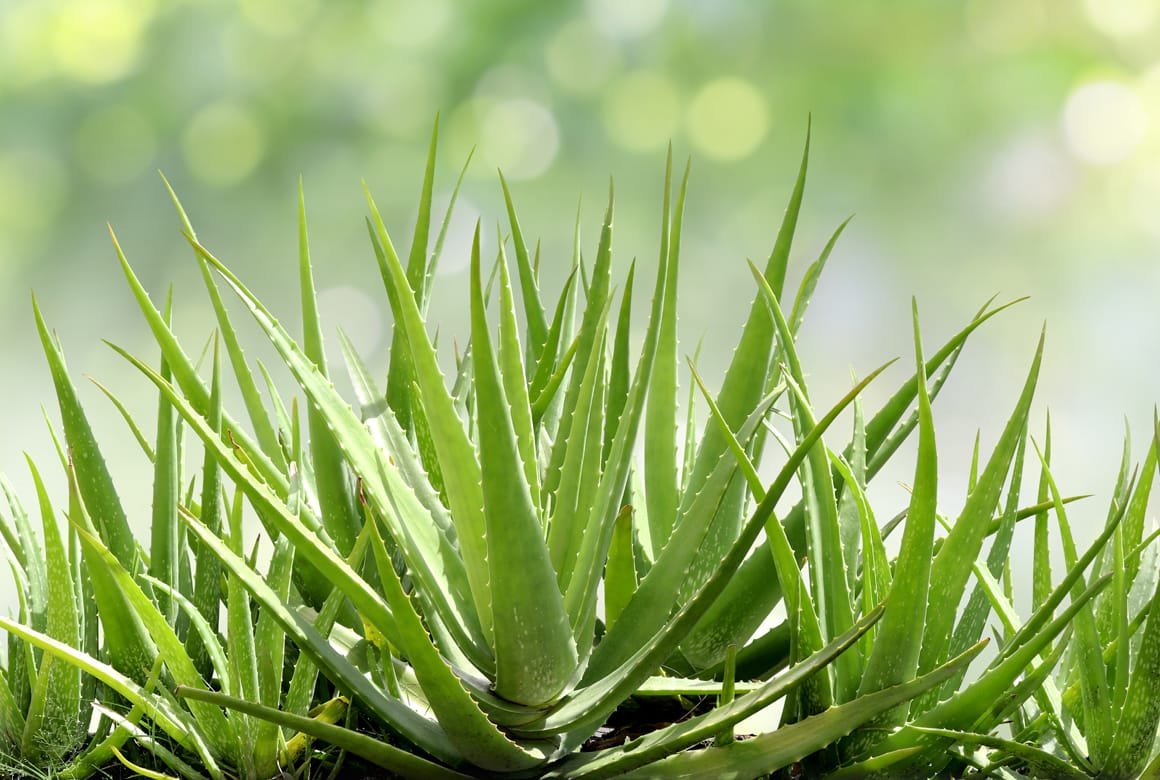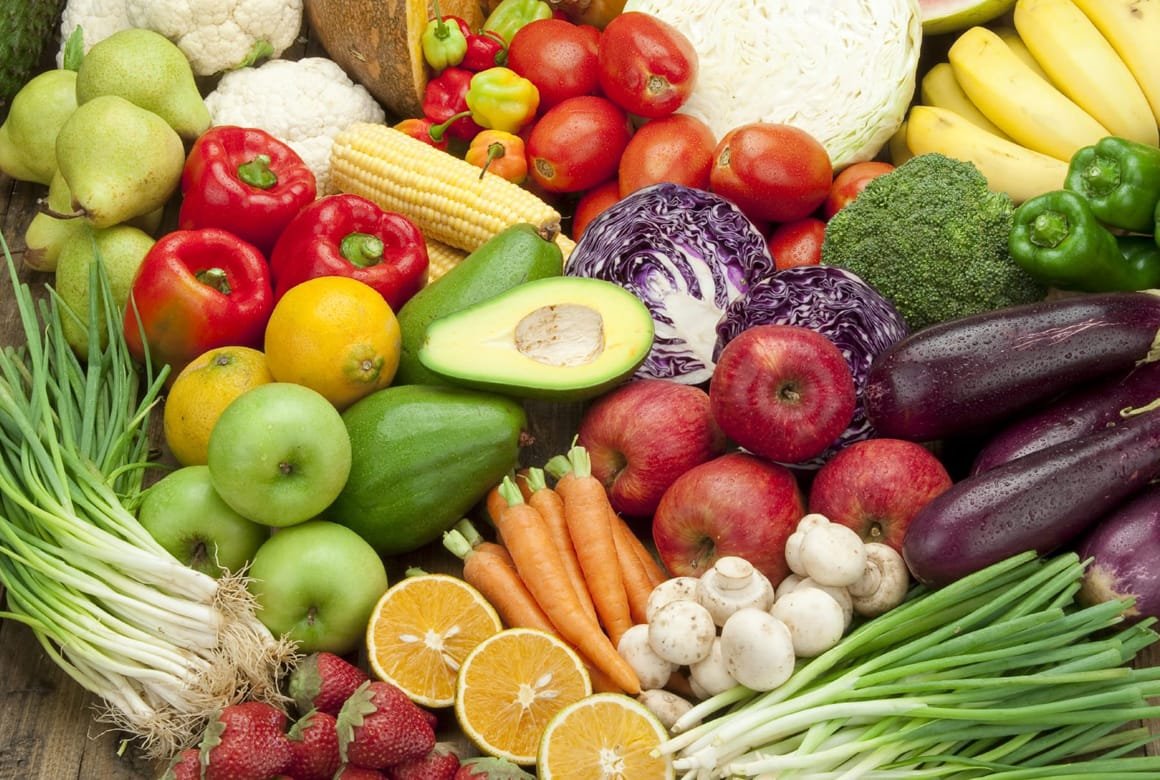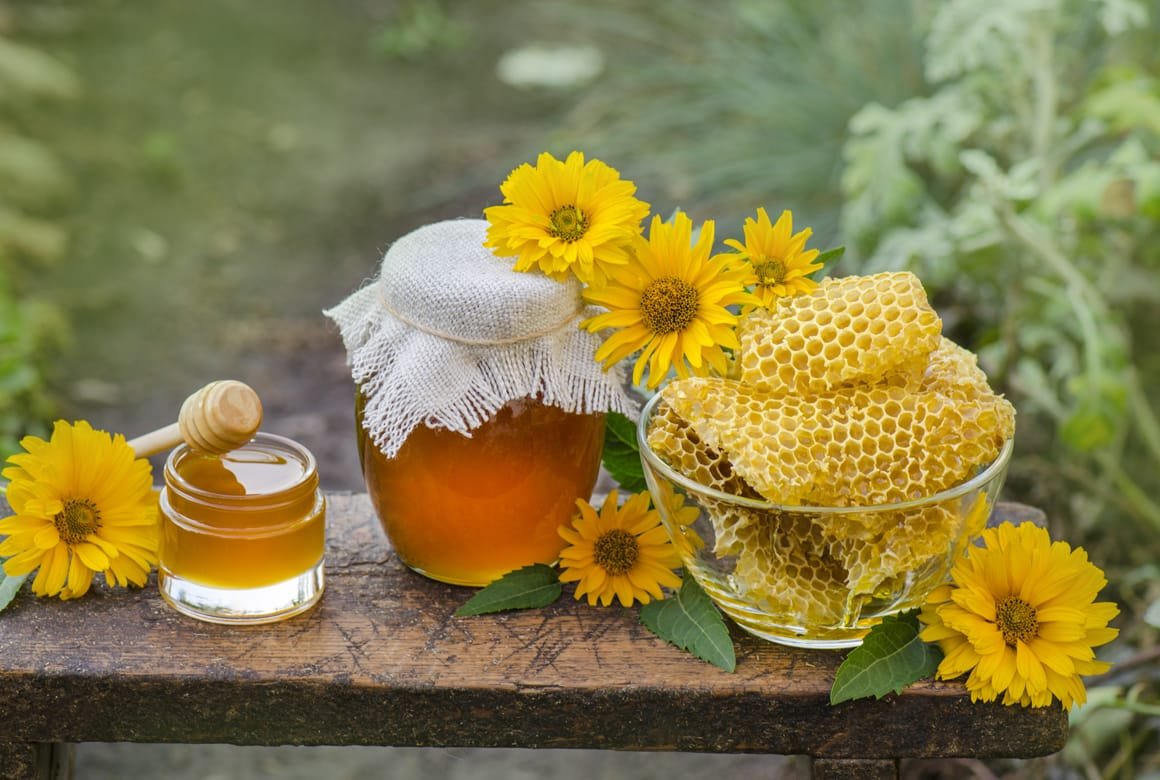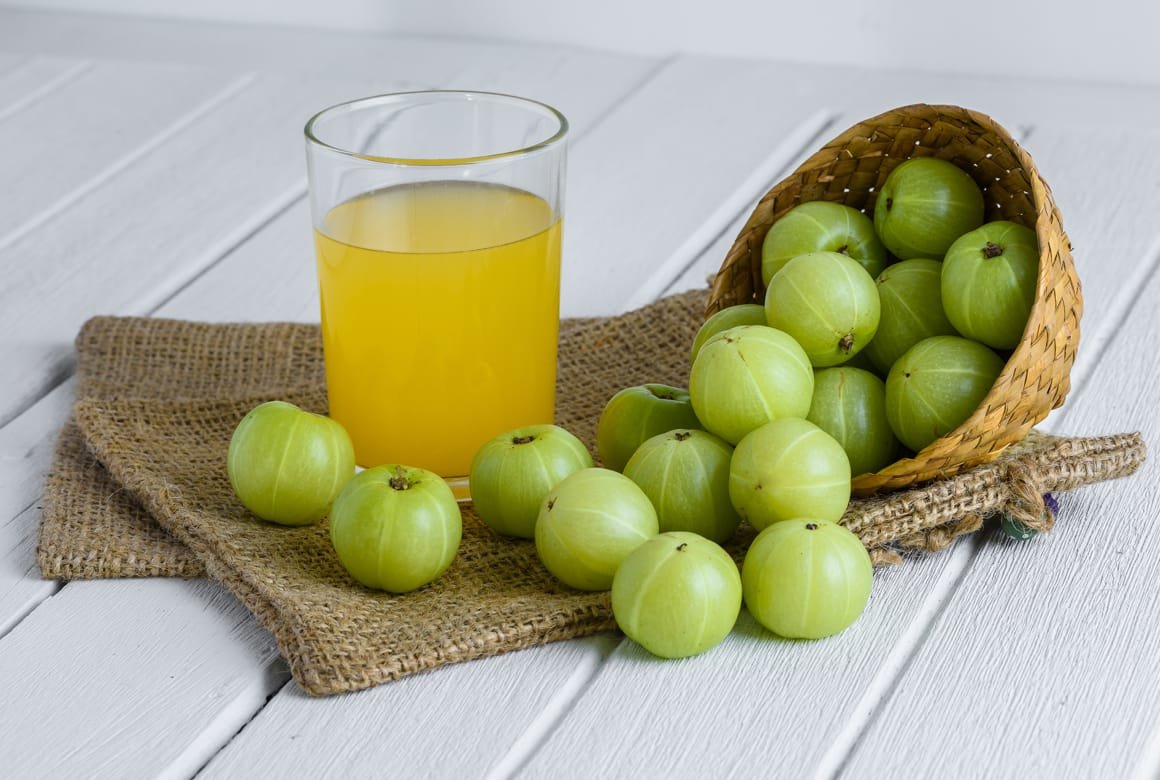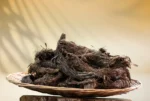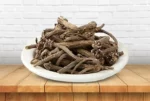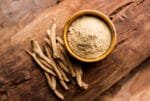
In Ayurveda, the three doshas, Vata, Pitta, and Kapha, are considered to be the fundamental energies or biological forces that govern the body and mind. These doshas are thought to control the physical and mental characteristics of an individual and are said to influence the body’s metabolism, organ function, and health. Understanding the interrelationship between the doshas is crucial in promoting balance and wellness in the body.
Vata: Vata is believed to control the movement of energy and matter within the body. It governs the flow of blood, nerve impulses, breathing, and elimination. When balanced, Vata promotes creativity, flexibility, and vitality. However, when imbalanced, Vata can cause anxiety, joint pain, constipation, and insomnia.
Pitta: Pitta is associated with heat and metabolism. It governs the digestive process, metabolism, and hormones. When balanced, Pitta brings intelligence, confidence, and a healthy appetite. However, when imbalanced, Pitta can cause inflammation, anger, and skin irritations.
Kapha: Kapha is associated with structure and stability. It provides moisture and lubrication to the body and helps in building and repairing tissues. When balanced, Kapha brings stability, strength, and endurance. However, when imbalanced, Kapha can cause weight gain, congestion, and lethargy.
Inter-Relationship: The three doshas are interrelated, and the balance or imbalance of one can impact the balance or imbalance of the others. For example, an increase in Vata can lead to a decrease in Kapha, causing dryness and skin irritation. Conversely, an increase in Kapha can lead to a decrease in Pitta, causing sluggish digestion and weight gain.
Maintaining balance between the doshas is essential for physical and mental health. Ayurveda suggests lifestyle modifications, dietary changes, and herbal remedies to promote balance in the doshas. It is also recommended to pay attention to the symptoms and characteristics of each dosha to understand which one is dominant in an individual and make necessary adjustments to achieve balance.
Vata is characterized by the mobile nature of Wind (Air) energy.
Pitta embodies the transformative nature of Fire energy.
And Kapha reflects the binding nature of Water energy.
The Elements and the Doshas
| Dosha | Primary Elements |
|---|---|
| Vata | Air + Ether |
| Pitta | Fire + Water |
| Kapha | Water + Earth |
The Qualitative Nature of the Doshas
Each dosha is characterized by a collection of qualities that support its particular energetic:
| Dosha | Qualities |
|---|---|
| Vata | Dry, Light, Cold, Rough, Subtle, Mobile, Clear |
| Pitta | Hot, Sharp, Light, Liquid, Spreading, Oily |
| Kapha | Heavy, Slow, Cool, Oily, Smooth, Dense, Soft, Stable, Gross, Cloudy (Sticky) |
The Doshas and Their Functions
Each of the three doshas has a unique personality determined by its particular combination of elements and qualities. At the end of the day, each dosha naturally governs specific physiological functions:
Vata governs movement and Communication.
Pitta oversees Digestion and Transformation.
Kapha provides Cohesiveness, Structure, and Lubrication.
VATA DOSHA
Vata is one of the three doshas in Ayurveda and is considered to be the energy that governs movement in the body. Vata is associated with the elements of air and space and is believed to control all movement in the body, including blood circulation, nerve impulses, breathing, and elimination. Vata is considered to be the most delicate and easily imbalanced of the three doshas.
Physical Characteristics: People with a dominant Vata constitution are usually thin, have a light and irregular appetite, and are susceptible to cold and dryness. They may have dry skin, brittle nails, and be prone to constipation. Vata types may also experience joint pain and muscle weakness.
Mental Characteristics: Vata types are creative, spontaneous, and energetic. However, when imbalanced, Vata can cause anxiety, fear, and restlessness. They may also experience difficulty sleeping and a scattered mind.
Balanced Vata: When Vata is in balance, individuals are creative, energetic, and full of vitality. They are able to handle stress and change well and enjoy a healthy appetite.
Imbalanced Vata: An imbalanced Vata dosha can lead to physical and mental symptoms such as constipation, joint pain, anxiety, and insomnia. It can also cause dry skin, hair, and nails.
Balancing Vata: To maintain balance, Vata types are advised to follow a regular routine, eat warm, nourishing foods, and engage in calming activities such as yoga and meditation. They should also avoid cold and raw foods and stay warm and protected from the elements.
In conclusion, understanding the characteristics and interrelationship between the doshas is essential in promoting balance and wellness in the body. By paying attention to the symptoms and characteristics of each dosha and making necessary adjustments to achieve balance, individuals can maintain optimal physical and mental health.
PITTA DOSHA
Pitta is one of the three doshas in Ayurveda and is associated with the elements of fire and water. It governs the body’s metabolic processes, including digestion, absorption, and the creation of hormones and neurotransmitters. Pitta is considered to be the force that regulates heat and transformation in the body.
Physical Characteristics: Individuals with a dominant Pitta constitution have a medium build, good appetite, and strong digestion. They tend to be warm-blooded, have good circulation, and are prone to skin irritations and rashes.
Mental Characteristics: Pitta types are intelligent, confident, and driven. They have a sharp mind and a good memory. However, when imbalanced, Pitta can cause anger, frustration, and irritability.
Balanced Pitta: When Pitta is in balance, individuals are confident, energetic, and have a healthy appetite. They are able to handle challenges and enjoy good digestion.
Imbalanced Pitta: An imbalanced Pitta dosha can lead to physical and mental symptoms such as acid reflux, skin irritations, anger, and frustration. It can also cause overheating and inflammation.
Balancing Pitta: To maintain balance, Pitta types are advised to follow a cooling diet that includes plenty of fruits, vegetables, and whole grains. They should also avoid hot, spicy, and sour foods, and engage in calming activities such as yoga and meditation.
KAPHA DOSHA
Kapha is one of the three doshas in Ayurveda and is associated with the elements of earth and water. It governs the body’s structure, stability, and lubrication, and is responsible for providing moisture and nourishment to the cells. Kapha is considered to be the force that gives the body its strength and stability.
Physical Characteristics: Individuals with a dominant Kapha constitution have a strong and sturdy build, with a slow metabolism and a tendency towards weight gain. They have smooth, soft skin and hair, and are prone to congestion and sluggishness.
Mental Characteristics: Kapha types are calm, stable, and supportive. They have a strong memory and are compassionate and affectionate. However, when imbalanced, Kapha can cause lethargy, depression, and attachment.
Balanced Kapha: When Kapha is in balance, individuals are calm, supportive, and have good endurance. They are able to handle stress and are affectionate.
Imbalanced Kapha: An imbalanced Kapha dosha can lead to physical and mental symptoms such as weight gain, congestion, depression, and attachment. It can also cause a sluggish metabolism and low energy levels.
Balancing Kapha: To maintain balance, Kapha types are advised to follow a light and warming diet that includes plenty of spices and bitter greens. They should also engage in physical activity and avoid heavy, oily, and sweet foods. They should also limit their sleep and avoid oversleeping.
In conclusion, understanding the characteristics and interrelationship between the doshas is essential in promoting balance and wellness in the body. By paying attention to the symptoms and characteristics of each dosha and making necessary adjustments to achieve balance, individuals can maintain optimal physical and mental health.

